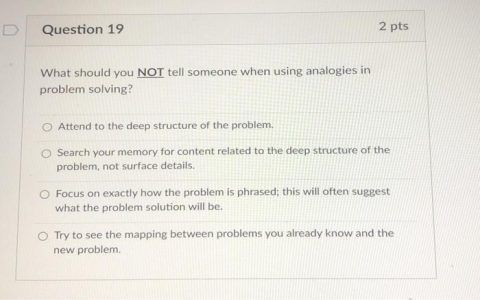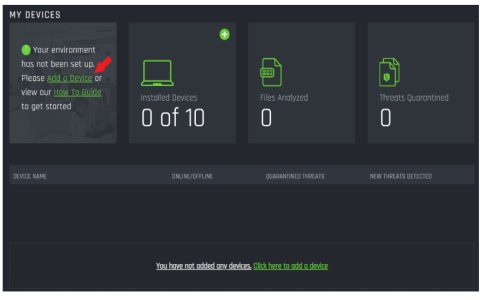Deep searching someone involves using a combination of online tools and techniques to gather information. Here's a structured approach:
1. Initial Search:
- Google & Other Search Engines: Start with basic searches using the person's name, location, and any known details. Try variations of their name (e.g., nicknames, maiden names).
- Social Media: Search on platforms like Facebook, LinkedIn, Twitter, Instagram, TikTok, and others relevant to their age group or profession.
2. People Search Engines:
- Dedicated Platforms: Use people search engines like Pipl, WhitePages, ZabaSearch, and BeenVerified. These often aggregate information from various sources.
- Reverse Image Search: If you have a photo, use Google Images, TinEye, or similar tools to find other instances of the image online, potentially leading to profiles or websites.
3. Public Records:
- Court Records: Check online court records for any legal proceedings they might have been involved in.
- Property Records: Search county or city records for property ownership.
- Business Registrations: Look for any businesses they might be associated with through state business registries.
4. Professional & Academic Information:
- LinkedIn: Crucial for professional background, work history, and connections.
- University/College Websites: Search alumni directories or faculty/staff listings.
- Publications & Research: Use Google Scholar or similar databases to find any publications they might have authored.
5. Advanced Techniques:
- Boolean Search Operators: Use operators like AND, OR, NOT within search engines to refine results (e.g., "John Smith" AND "Engineer" NOT "California").
- Domain-Specific Searches: If you know their profession or interests, search related forums, websites, or databases.
- Archive Sites: Use the Wayback Machine (*) to view past versions of websites, potentially revealing older information.
6. Important Considerations:
- Privacy: Be mindful of privacy laws and ethical considerations when searching for information about someone.
- Accuracy: Verify information from multiple sources to ensure accuracy.
- Information Overload: Filter and organize the information you find to identify the most relevant details.








